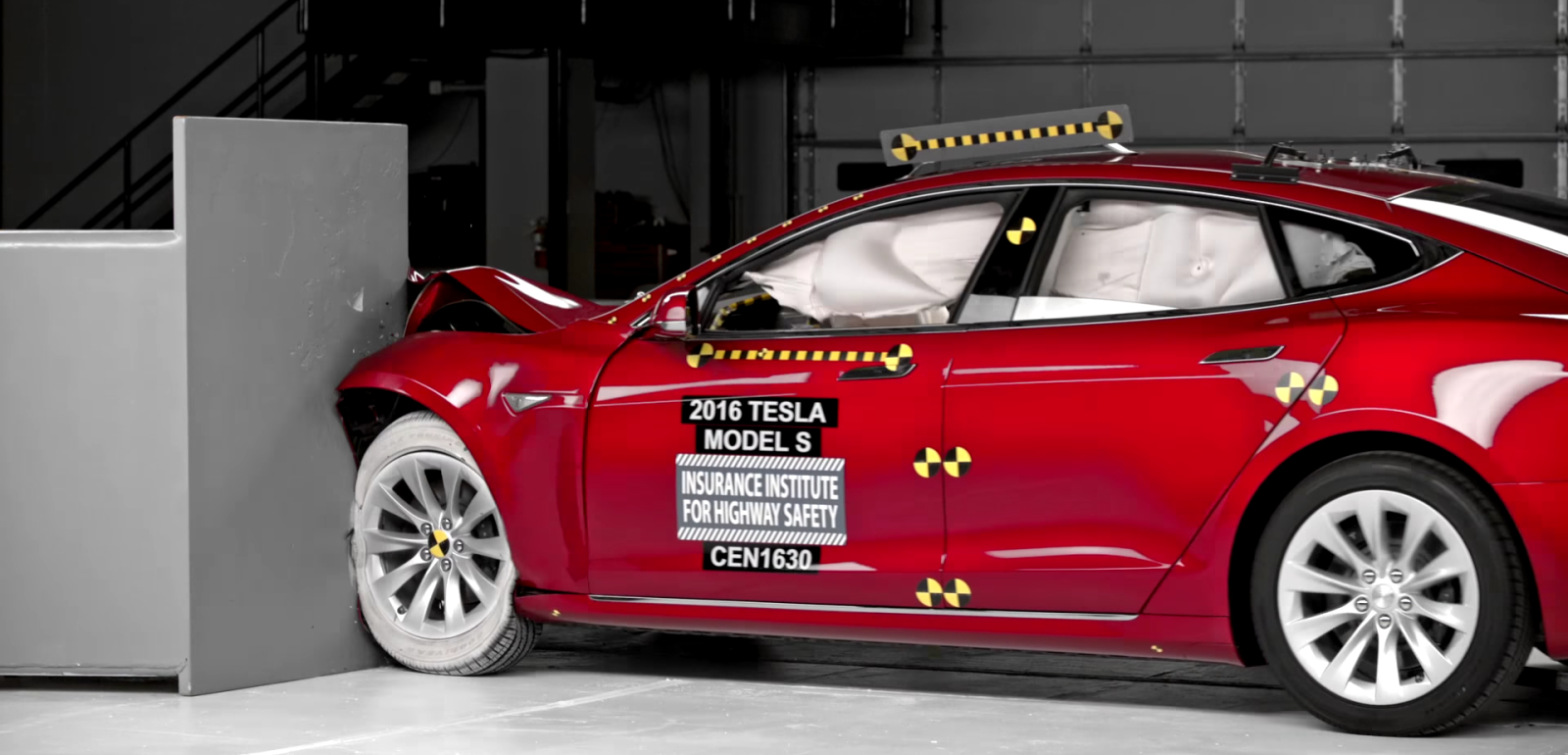Tesla settles another wrongful death lawsuit that has big implications

Tesla has settled another wrongful death lawsuit, and it has significant implications based on Tesla’s legal strategy of not settling unless it is at fault.
Admitting a mistake is difficult. We humans are not good at it, which is why I respected Elon Musk when he said that Tesla wouldn’t seek victory in “just” legal cases against it and would “never settle an unjust case” against the company:
We will never seek victory in a just case against us, even if we will probably win. – We will never surrender/settle an unjust case against us, even if we will probably lose..
This strategy also means that if Tesla ever settles a case, it is admitting that it was in the wrong, even if settlements often come with no admission of wrongdoing.
Tesla has very rarely settled cases and Musk made this comment back in 2022. A lot has changed since then.
Advertisement - scroll for more contentIn fact, around the same time Musk made that comment, he announced that he was building a team of “hardcore lawyers” at Tesla to pursue legal cases aggressively.
But it started to happen over the last few years.
In the UK, a Tesla owner challenged Tesla over its failure to deliver on its full self-driving claims and won a settlement that represented a refund of his purchase cost for FSD, with interest, after filing a claim in small claims court in 2023.
Last year, Tesla also finally settled a wrongful death lawsuit regarding the death of Model X owner Walter Huang, who was one of the first Tesla owners to die while using Autopilot back in 2018.
Now, Tesla has settled a second wrongful death lawsuit.
The estate of Clyde Leach, a Tesla Model Y owner, sued Tesla for wrongful death after his Model Y “suddenly accelerated, went off the road, and slammed into a pillar at an Ohio gas station.” Leach, 72, died from “blunt force trauma, burns, and other injuries” after the vehicle burned down following the impact.
Unlike Huang’s case, the lawsuit didn’t focus specifically on Tesla’s Autopilot or other ADAS features, but it claimed that a defect led to a “sudden acceleration” that contributed to the crash.
There have been numerous allegations of “sudden unintended acceleration” against Tesla vehicles, but in most cases, the evidence has pointed to the driver mistakenly pressing the wrong pedal.
This makes it particularly interesting that Tesla, which claims never to settle unjust claims against the company, has confirmed that it settled the case with Leach’s estate in a filing on Monday in federal court in San Francisco.
The terms of the settlement have not been released.
Electrek’s Take
Top comment by Philip234
Liked by 23 peopleThere ought to be a law that prevents confidential settlements in cases where the public disclosure of the facts and information disclosed during legal proceedings and discovery would have a reasonable likelihood of preventing harm to others.
In Tesla’s early days, there were numerous claims of “sudden unintended acceleration” regarding Tesla vehicles. I would often look into them, and we even had third parties review the telemetric logs; you could almost always prove pedal misplacement.
I assumed some of it also had to do with people not being used to vehicles that accelerate as quickly as Teslas, leading to less forgiving situations when pressing the wrong pedal.
However, considering Tesla settled this case and Musk’s claim that Tesla would not settle an “unjust” claim, there could be a case that sudden acceleration could occur with Tesla vehicles.
This could complicate a lot of other cases against Tesla.
Disclaimer: Investing carries risk. This is not financial advice. The above content should not be regarded as an offer, recommendation, or solicitation on acquiring or disposing of any financial products, any associated discussions, comments, or posts by author or other users should not be considered as such either. It is solely for general information purpose only, which does not consider your own investment objectives, financial situations or needs. TTM assumes no responsibility or warranty for the accuracy and completeness of the information, investors should do their own research and may seek professional advice before investing.
Most Discussed
- 1
- 2
- 3
- 4
- 5
- 6
- 7
- 8
- 9
- 10